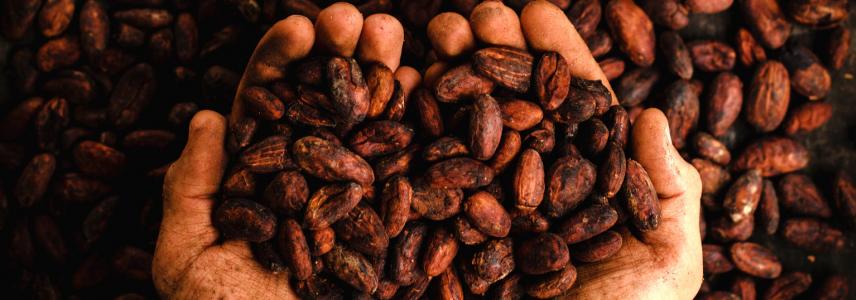Fairtrade loses ground among big brands but gains ground in private label chocolates

To consumers, sustainability in the cocoa sector is more important than ever. To support sustainability claims, chocolate companies used third-party certification for a long time. More and more often, large chocolate manufacturers are relying on sustainability programmes they verify themselves. In recent years, Fairtrade has seen regular clients leave their standard certifications. Still, the Fairtrade market is developing elsewhere. European retailers are sensitive to certification. They show stronger commitments towards Fairtrade-certified cocoa.
In July 2020, Nestlé was added to the list of chocolate companies cutting ties with Fairtrade. The multinational decided to stop sourcing Fairtrade cocoa for its KitKat brand. Mondelez made a similar decision back in 2016. It stopped certifying its popular Toblerone and Cadbury brands with Fairtrade. Both multinationals started to guide their sustainability efforts through their own programmes. Cocoa Plan is Nestlé’s programme, and Cocoa Life is Mondelez’s. The decision made by both companies is a big setback for Fairtrade. Nestlé and Mondelez are among the largest chocolate manufacturers worldwide.
Fairtrade popular in Europe
Larger brands may be moving away from Fairtrade. But, European retailers have shown an increasing commitment to sourcing Fairtrade cocoa. From 2020 onwards, some will only use Fairtrade-certified cocoa in their private label chocolates. For example:
- Waitrose supermarket (British);
- REWE Group (Germany);
- Retailer Coop (Switzerland).
German retailer Lidl, with shops all over Europe, has also committed to the Fairtrade standard. In July 2020, Lidl launched its new Way to Go! chocolate line. These chocolates are made with 100% traceable cocoa from Fairtrade’s Kuapa Kokoo cooperative in Ghana.
This is good news for Fairtrade-certified cocoa farmers. Retailers’ private label products are gaining popularity all over Europe. More and more often, private label chocolates are offering the same quality and characteristics as branded products at affordable prices. Consumers are becoming more aware of sustainability. As a result, supermarkets offer more Fairtrade-certified private label chocolates.
Ongoing improvement of the standard
To increase market demand, Fairtrade needs to keep improving its standard. This also means improving its image and impact on the incomes of cocoa farmers. Fairtrade made some changes to its standard in late 2019. It raised its minimum prices and launched its Living Income Reference Price. To deal with market price imbalances, Fairtrade establishes minimum prices and premiums paid to farmers.
Study: Trend in the European cocoa market
Our study looks at how sustainability programmes have become common among cocoa trading companies. The study also looks at the increasing awareness of European consumers on cocoa production. European consumers are also more aware of what they buy.
This news article was written for CBI by Gustavo Ferro and Lisanne Groothuis from Profound – Advisers In Development.
Stay informed
To stay informed on the latest developments in cocoa, make sure to subscribe to our newsletter.